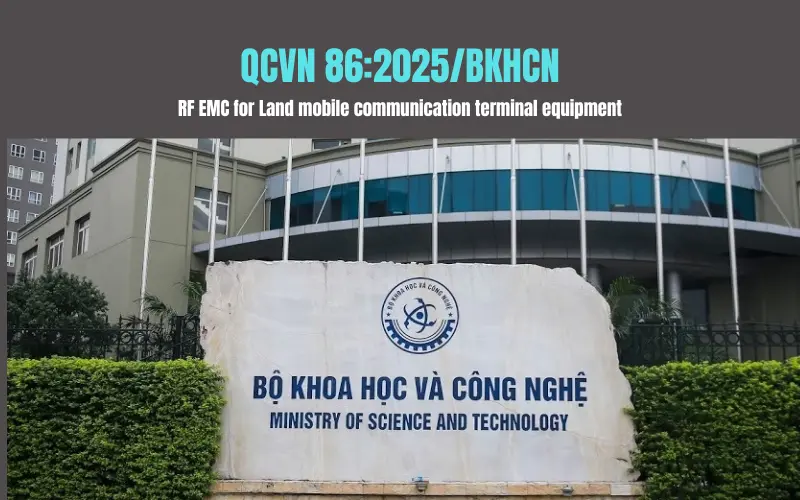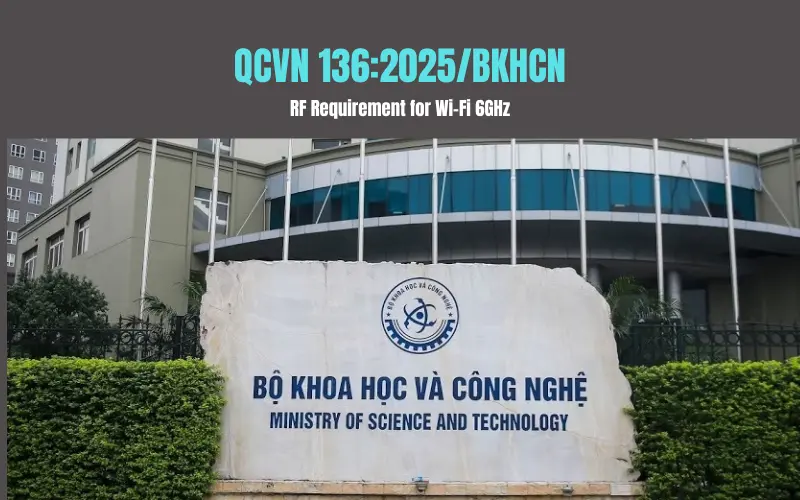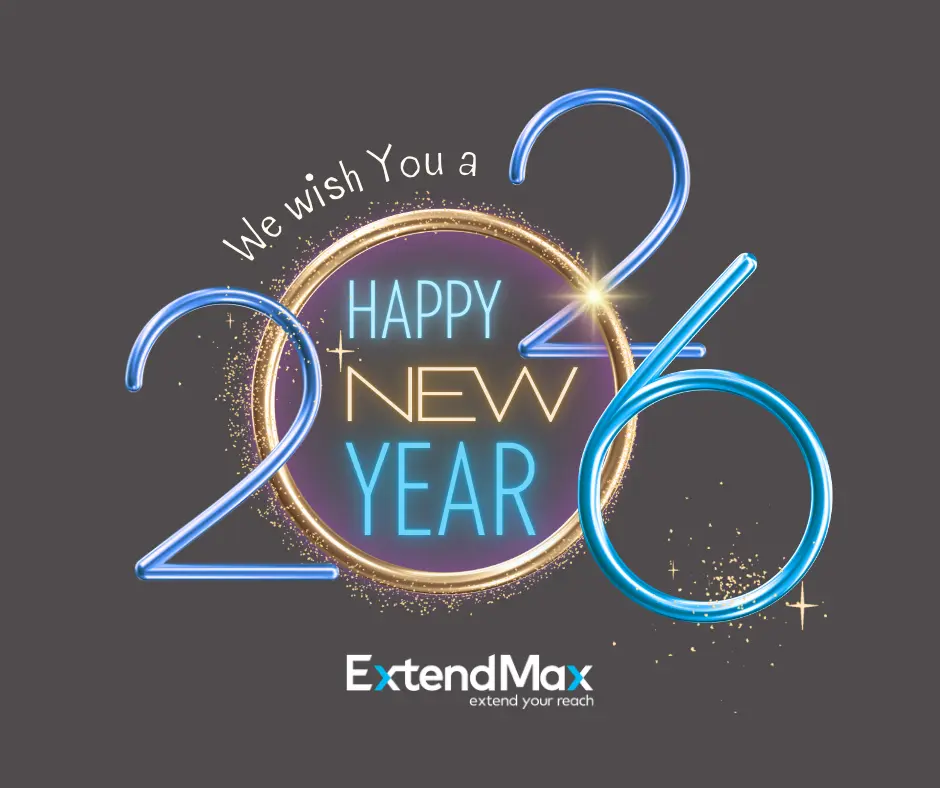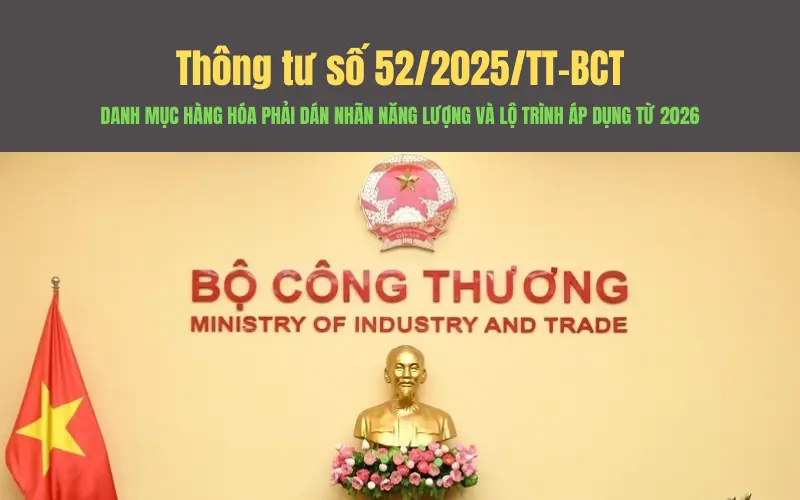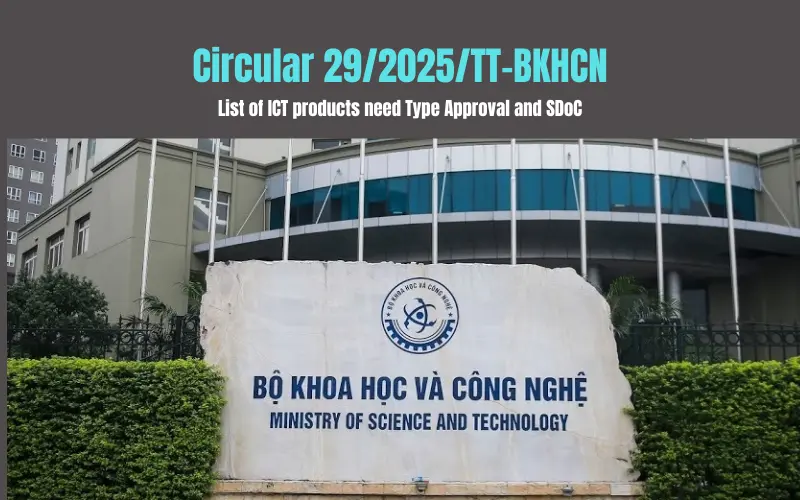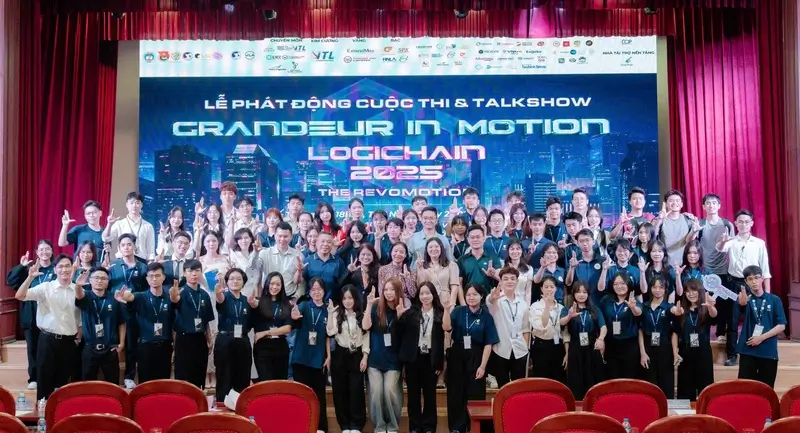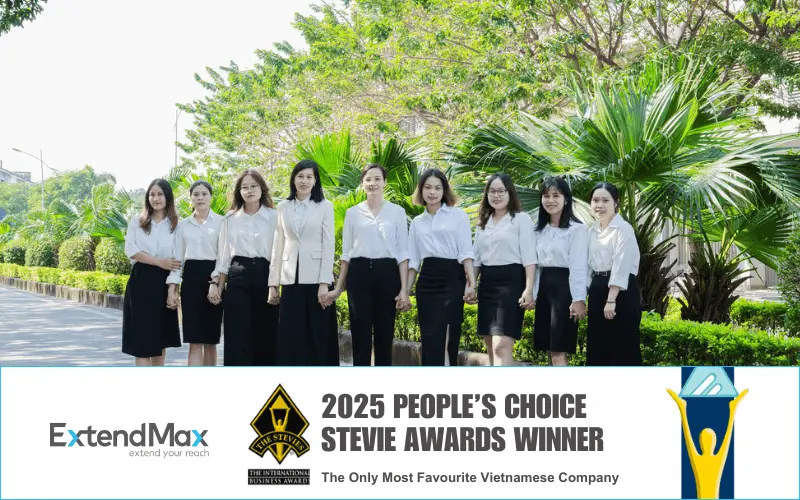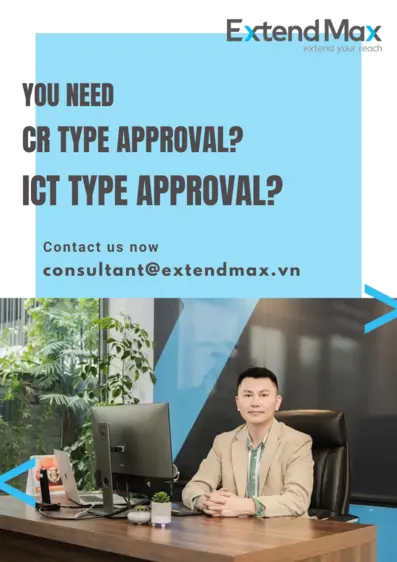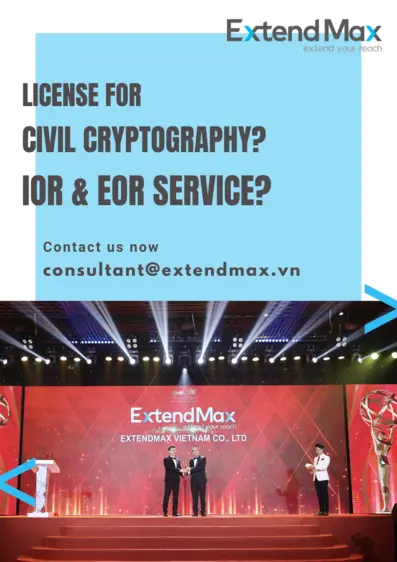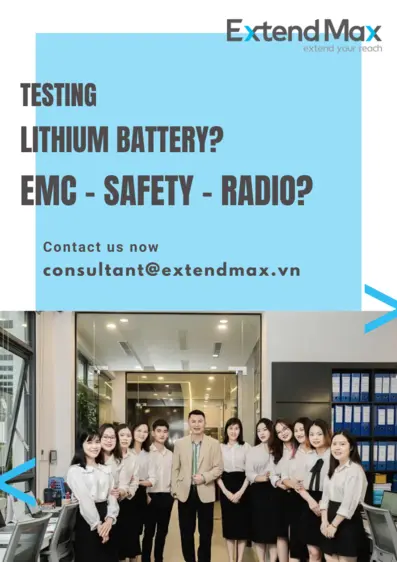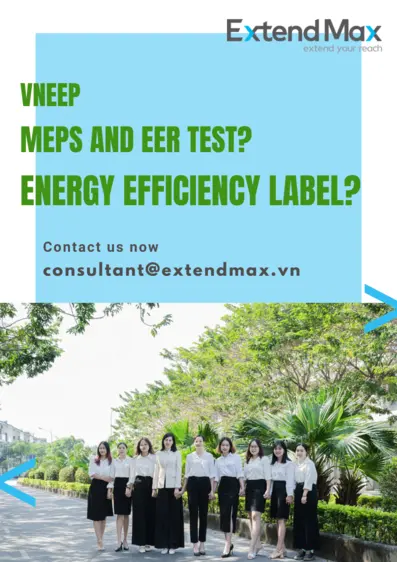Speaking at a special session of the US-ASEAN Business Council (USABC), I shared my perspective on two critical amended laws recently passed by the National Assembly of Vietnam: the 2025 Law on Standards and Technical Regulations and the 2025 Law on Product and Goods Quality. These are not just technical regulatory updates; they mark a strategic shift in how Vietnamese businesses integrate into global value chains.

Trần Thanh Phương - Founder and CEO of ExtendMax
In preparing for this presentation, I asked myself: where will we go in an era when standards and quality are no longer viewed as mere barriers but as drivers of growth? What I see clearly in these new laws is a fundamental shift in mindset: from a centralized control model to an open ecosystem where businesses play a central role, the state provides direction, and other stakeholders actively participate. This is how Vietnam positions itself in line with global trends – safeguarding safety and quality while encouraging innovation and fair competition.
What matters most to the business community is recognizing that we are entering an era where data and digital technologies become the backbone of quality governance. For the first time, Vietnam will build a national digital database on standards, metrology, quality, conformity, and traceability. At the same time, the concept of a “digital product passport” will ensure that information about products – from production and distribution to market use – is managed throughout their entire lifecycle. This will replace traditional pre-market controls with post-market surveillance based on risk assessment and real-time data.
Another important change is Vietnam’s deeper alignment with international norms. Wider recognition of conformity assessment results, including unilateral recognition of foreign-accredited bodies, will reduce costs, save time, and eliminate duplication in testing and certification. This creates new opportunities for import-export businesses and technology corporations entering the Vietnamese market.
Of course, the transition will not be easy in the early stages. Businesses will need to invest in traceability systems, standardize documentation, train staff, and adapt internal processes. But in return, we will gain a more transparent market where fair competition drives capable businesses to rise.
I share this insight not only as CEO of ExtendMax – a company that has supported global technology leaders through compliance challenges in Vietnam – but also as someone who firmly believes in the strategic importance of compliance and standards. Proactively adapting to these new requirements, turning compliance into a competitive advantage, is the only way for businesses to move faster and stronger in a globalized environment.
With these two new laws, I believe Vietnam is entering a new era where businesses are no longer passive subjects of regulation but active co-creators of a modern standards ecosystem. Those who prepare early will hold the key to shaping their position in the global value chain.
Are you ready for your business to adapt to these two new laws?
ExtendMax partners with businesses to analyze requirements, build compliance strategies, implement traceability systems, and ensure proper certifications – not only to meet legal obligations but to turn compliance into a true competitive advantage. Contact us today for detailed guidance and early preparation for this crucial transition.
Download the presentation by CEO Tran Thanh Phuong at the US-ASEAN Business Council (USABC).



